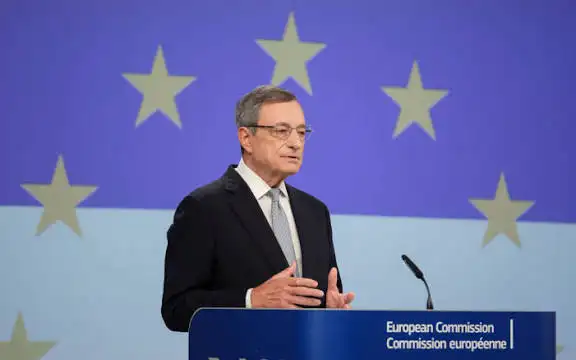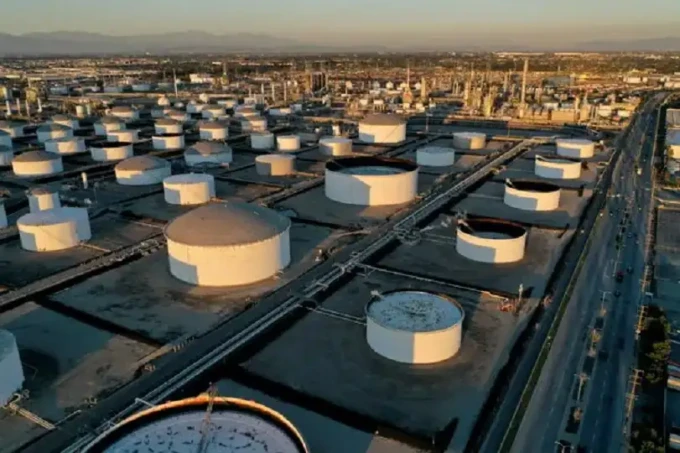Mario Draghi has warned that the European Union’s economic competitiveness is declining due to complacency and political inaction. A year after the European Commission tasked him with proposing strategies to enhance EU competitiveness against global powers like the U.S. and China, he revealed that only 11.2% of his 383 recommendations have been implemented. This slow progress is attributed to political disputes and administrative hurdles, exposing vulnerabilities in Europe’s economic model.
European Commission President Ursula von der Leyen acknowledged the need for greater urgency and recognized significant gaps in achieving a unified market and addressing industry demands. She pointed out delays in reforming merger rules and called for accelerated action. Currently, the EU economy is stagnating, growing eight times slower than the U.S. in Q2 2025, which officials argue results from external pressures, such as maintaining relations with the U.S., managing ties with China, and supporting Ukraine. However, Draghi highlighted that European citizens and companies are frustrated and willing to push for change, yet are constrained by ineffective leadership.
Draghi’s report emphasized the urgency of reform, noting that the slow pace is partly due to political fragmentation and national reluctance to surrender regulatory control. Key initiatives like a capital markets union and single market reform remain unaddressed. A roadmap to 2028, expected from von der Leyen, aims to tackle these issues, but experts express concern over the slow pace and limited focus on deregulation.
Economists contend that underinvestment, rather than excessive bureaucracy, is the EU’s core issue. Upcoming leadership summits present an opportunity to advance Draghi’s agenda, particularly in digital integration, finance, and strategic funding.












Leave a comment